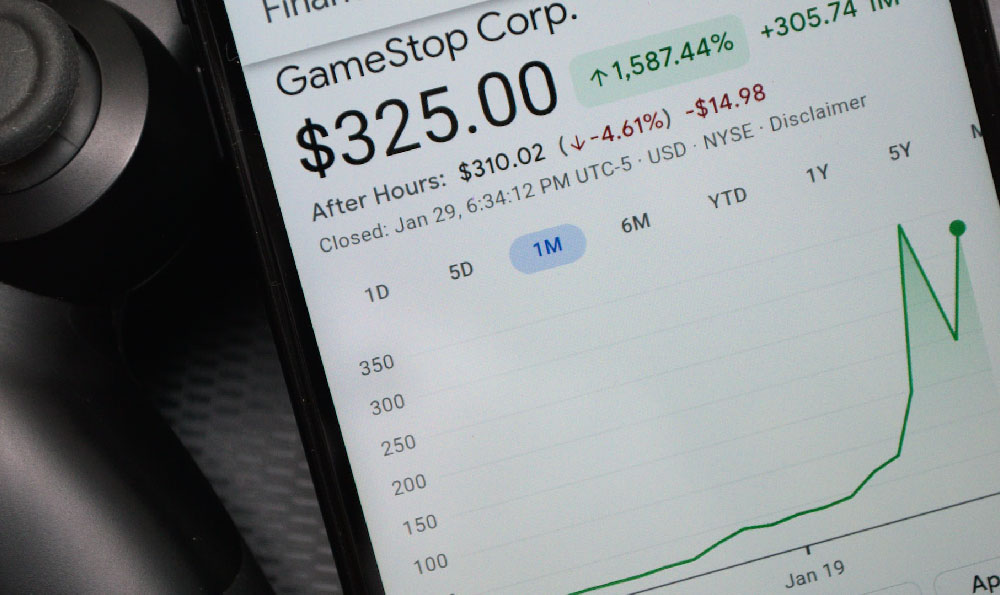Professional boxers earnings how much do they make
The allure of boxing as a profession often lies in the dramatic storytelling of its fighters, the intensity of their matches, and the occasional rise to global stardom. However, the financial realities of a career in boxing are far more complex than the spotlight suggests. While some boxers achieve immense wealth through their craft, others may struggle to make ends meet, depending on factors such as their weight class, career longevity, and the structure of their contracts. Understanding the earning potential of professional boxers requires a nuanced look at the different revenue streams they rely on, the disparities in income across the sport, and the broader economic implications of their careers.
For many aspiring boxers, the dream of becoming a professional begins in amateur circuits, where they accumulate experience and build their skills. However, transitioning to the professional level is only the first step in determining long-term financial stability. The income of a professional boxer is not uniform; it varies significantly based on their position in the rankings, the popularity of their sport, and the level of competition they face. Fighters in lower weight divisions, such as flyweight or bantamweight, often earn less from purse splits compared to those in heavier classes, where the prize money can be substantially higher. For instance, a top-tier heavyweight champion might walk away with millions from a single bout, whereas a midweight fighter might only secure a fraction of that amount.

Beyond the purse splits from fights, professional boxers also benefit from a range of additional income sources. These include revenue from pay-per-view tickets, streaming platforms, and television broadcasting rights. Fighters who attract large audiences can command significant fees, even if they do not win their bouts. Additionally, many athletes diversify their earnings through endorsement deals, brand partnerships, and social media influence. Boxers like Canelo Alvarez or Tyson Fury have leveraged their fame to secure lucrative sponsorships, further boosting their financial footprint. This multipronged income model can create a more stable financial future, especially for fighters who remain active for extended periods.
The economic influence of professional boxing extends beyond individual athletes, shaping local and global markets. Boxing events, particularly those featuring elite fighters, can generate substantial revenue for promoters, venues, and ancillary businesses such as training centers and merchandise sales. This ecosystem supports a vast network of professionals, from trainers and managers to event organizers and media personnel. Moreover, the sport contributes to the economy through tourism, as fans often travel to watch fights in major cities, further amplifying its financial impact.
For investors or aspiring athletes contemplating a career in boxing, it is crucial to understand the financial landscape and the potential pitfalls. The income of a professional boxer is not guaranteed; it depends heavily on factors such as their ability to maintain a high profile, their performance in the ring, and the business acumen of their teams. Some fighters may achieve rapid success and substantial earnings, while others may face long-term financial challenges if they struggle with injuries, competition, or management decisions. This unpredictability makes boxing a high-risk investment for those who lack significant resources or a diversified income strategy.
The financial stability of a professional boxer is also influenced by the structure of their contracts and the terms of their purse splits. Fighters with long-term deals may receive a guaranteed income, while others may have to rely on a percentage of the gate revenue. In some cases, negotiations can lead to disputes, as seen with former world champions like Muhammad Ali or Floyd Mayweather, who had to fight for fair compensation. This highlights the importance of legal and financial advice for boxers, especially when signing professional contracts that could be critical to their financial well-being.
In recent years, the rise of digital platforms and social media has created new opportunities for boxers to monetize their brand. Fighters who maintain an active online presence can generate income through sponsorships, streaming deals, and online courses. This digital diversification allows boxers to build a more resilient income stream, even if their fighting career faces challenges. However, the effectiveness of this strategy depends on the boxer's ability to engage with their audience, maintain a positive public image, and leverage their platform effectively.
The financial success of a professional boxing career is closely tied to the sport’s broader economic dynamics. Major promotions like Top Rank, Matchroom, or Promotions have a significant role in determining purse sizes and contract terms. These organizations often have established income models that include revenue from television deals, ticket sales, and digital platforms. Moreover, the globalization of boxing has increased the sport’s economic reach, with fighters competing in international markets and attracting global audiences. This expansion has allowed some boxers to achieve unprecedented financial success, but it also has increased competition and the pressure to perform.
For those interested in investing in boxing-related ventures or considering a career in the sport, it is essential to weigh the financial risks and rewards. While the possibility of becoming a wealthy boxer exists, it is not a common outcome. Investors should look for boxers with a proven track record, a strong brand presence, and a clear revenue strategy. Similarly, aspiring boxers should consider factors such as financial planning, career longevity, and the role of management in maximizing their income. Understanding these elements can help navigate the complexities of a professional boxing career and make informed financial decisions.
The financial landscape of professional boxing is constantly evolving, shaped by technological advancements, changing consumer preferences, and the wider sports industry. As the sport continues to grow, the earning potential of boxers is likely to expand, but so too will the competition and financial expectations. Whether as an athlete or an investor, success in boxing requires a combination of skill, strategy, and financial foresight. By understanding the dynamics of income in the sport and making informed decisions, boxers and investors can navigate the complexities of their respective roles in this high-stakes world.












